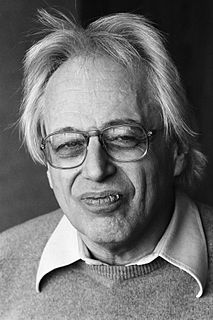A Quote by Gloria Swanson
I became a fanatic about healthy food in 1944.
Related Quotes
I wanted to lose 30 pounds healthfully and still be able to enjoy my college experience. Having succeeded in doing just that, I wanted to share my experiences with others who could benefit from my direct knowledge of the difficulty of trying to balance college life with being healthy. It became a journey about healthy lifestyle choices, including tips and tricks for creating a new relationship with food where I was in control and could learn to love food healthfully again.
If there was ever a food that had politics behind it, it is soul food. Soul food became a symbol of the black power movement in the late 1960s. Chef Marcus Samuelsson, with his soul food restaurant Red Rooster in Harlem, is very clear about what soul food represents. It is a food of memory, a food of labor.
It started when I moved into a vegetarian co-op back in the '70s, and that's really when I had my food consciousness awakened. I learned how to cook, and eventually I became the food buyer for the entire co-op. Not long after that, I went to work for a small natural food store in Austin, and I became very excited and passionate about it.
Eat by Choice, Not by Habit combines the author's humor, deep compassion for others and knowledge about food in a way that makes me eager to follow her lead toward healthy eating-and more importantly, toward a healthy attitude about eating. She aptly teaches us all to frame our food issues in a language that is both liberating and comforting.
Let me say two things about the costs - one is that there are detailed studies that show this, this is what some of the Stanford studies show, in fact, that we get so healthier, so much more healthy, when we eliminate fossil fuel pollution - 200,000 [fewer] premature deaths a year for example. And that's just the death part of it. Not to mention the asthma part of it, the heart attacks and the strokes and the cancers. And we also call for a healthy food system that prioritizes sustainable healthy local food production.
































